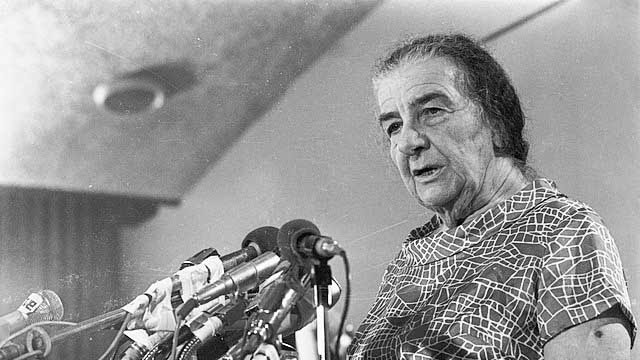‘There is a season, turn turn turn . . . and a time for every purpose, under heaven.’
(based on Ecclesiastes ch 3 — these words will ring true at a time of Sukkot, an Autumn reckoning infused with both memory and reflection)
A time to be born, and a time to die; a time to plant, a time to reap that which is planted;
A time to kill, and a time to heal; a time to break down, and a time to build up;
A time to weep, and a time to laugh; a time to mourn, and a time to dance;
A time to cast away stones, and a time to gather stones together;
A time to embrace, and a time to refrain from embracing;
A time to gain that which is to get, and a time to lose; a time to keep, and a time to cast away;
A time to rend, and a time to sew; a time to keep silence and a time to speak;
A time of love, a time of hate; a time of war, and a time of peace.
This coming Saturday is the Shabbat which falls between Rosh Hashanah and Yom Kippur: It is called Shabbat Shuva, and yes, it is different than all other days . . .
Shabbat Shuvah (“a Sabbath [of] Return” שבת שובה) refers to the Shabbat that occurs during the ‘Ten Days of Repentance’ between Rosh Hashanah and Yom Kippur. The name of this Shabbat is after the first word of the Haftarah (The Prophet Hosea 14:2-10) and literally means “Return!” and is more than likely, a play on words — but not to be confused with, the word ‘Teshuvah’ (which is a word used, I might add, erroneously, for ‘repentance’). Uh-oh.
Note: while repentance is often an accepted definition — doesn’t it also mean ‘to turn?’ So, let’s be a little clearer, ‘to turn’ is a different word than ‘to return.’
Here’s something worth noting: One implies a look or a peering into the future, while the other pushes us to examine the past, our past. We can even add here that the past is best understood both individually, and lest we forget, as a people. Otherwise, why would we assemble together on these days and frame all of our prayers and meditations (within the Service) in the the plural? Why would our ‘longings’ be more ‘minyative’ and less ‘individuative’ — Note: I might have made up one of those two words. Forgive me.
Many of us have misunderstood the meaning of this Saturday’s Shabbat — it might be time to reexamine the real meaning of looking at the past, while simultaneously welcoming a brand new year . . .
______________
Additional note: and while we are on the topic of reexamining the past, perhaps in order to better understand where we are today (or perhaps even ‘why’ we are here today, I have noted that this new movie has come out and has received many reviews, both positive and negative alike. It is a film that looks back in time, from the perspective . . . or from the lens of ‘today’ — which should give us all a moment of pause while reexamining the past . . . the good and the less than good, all of which has led us to moments in which we are able to reflect on just how far we have come . . . .

______________
Here I have excerpted an advertisement: “a new film about Golda Meir appears in theaters across the world. Golda features Helen Mirren as Israel’s fourth prime minister and Liev Schreiber as Henry Kissinger. The film depicts the anguished days of the Yom Kippur War, when Israel’s survival hung in the balance.
I haven’t seen the film yet, and I hope it captures the drama of the hour while also being reasonably accurate. Golda Meir’s role in the Yom Kippur War remains a subject of much dispute. She is, on one hand, a much beloved international figure—Ben-Gurion’s “only man” in his cabinet—and her personal sacrifices and tough Zionist bearing were inspirational.
She’s also criticized by historians for succumbing to faulty intelligence and misinterpreting the position of Israel’s national security, believing that, after the Six-Day War, Israel’s defenses were invulnerable to attack. That error in judgment is ultimately why she resigned as prime minister.
What is the truth of Golda Meir’s preparation for, and performance during, the 1973 war? How did she manage the U.S.-Israel relationship while Syrian tanks battered Israel’s north and Egyptians attacked from the south? How did she meet the moment when the Jewish state stood on the precipice?”
7:00 PM this evening
https://us02web.zoom.us/j/8521122430?mc_cid=9a31d20c70&mc_eid=UNIQID#success (Please click this link at some time today before the 7:00 PM class-gathering begins. You can just click it and leave it (even turning off your video and audio if you’d like). It is very helpful to our program, especially for recordings . . . thank you!)
I am hoping to see everyone this evening at 7:00 PM — please be sure to tune “in” . . .
‘G’mar chatimahh tovah’ — (and please) be inscribed in the Book of Life, a book we write at times on our own, and at other times, together.
R’ Seth
